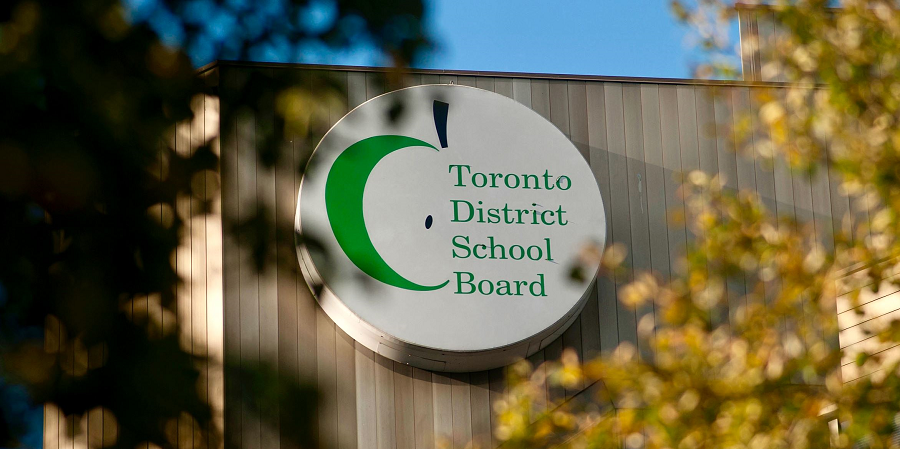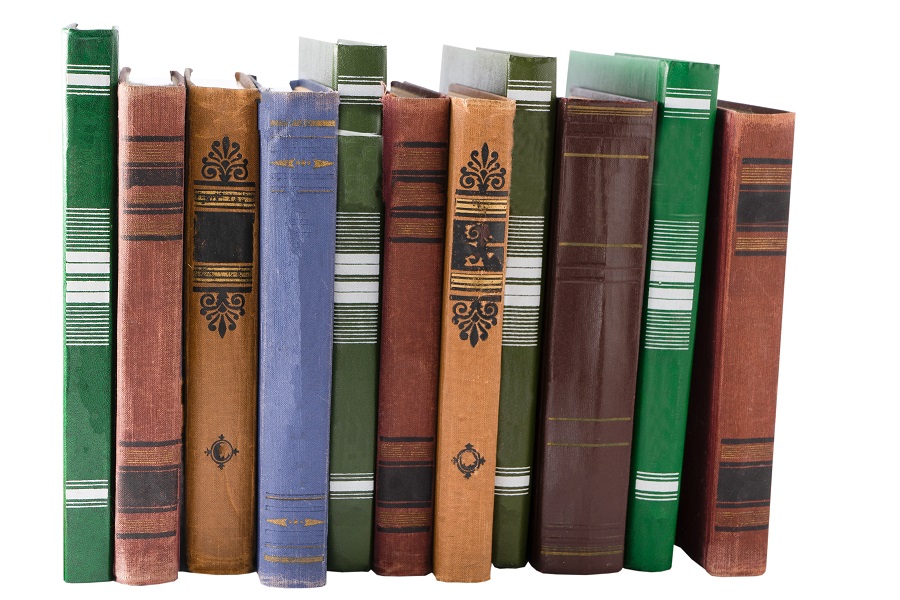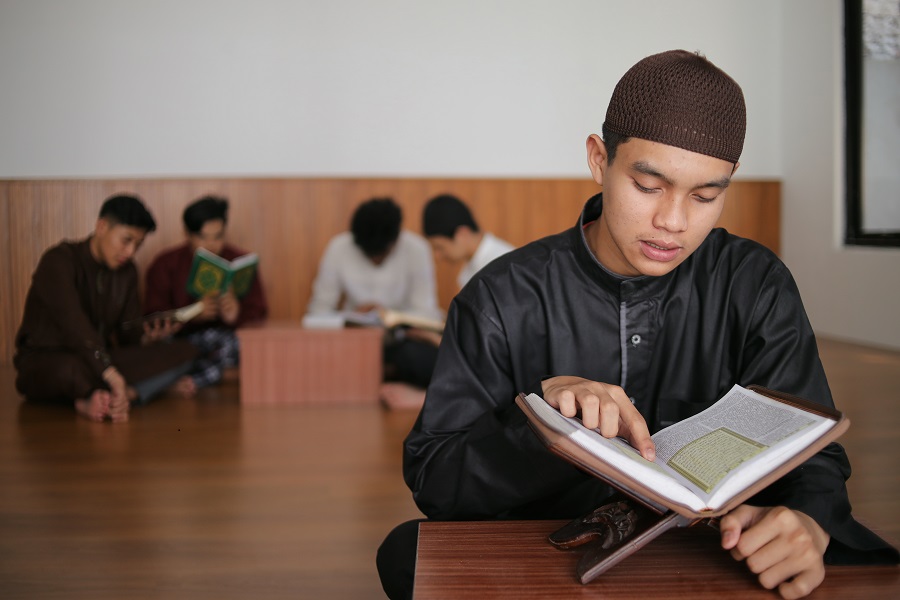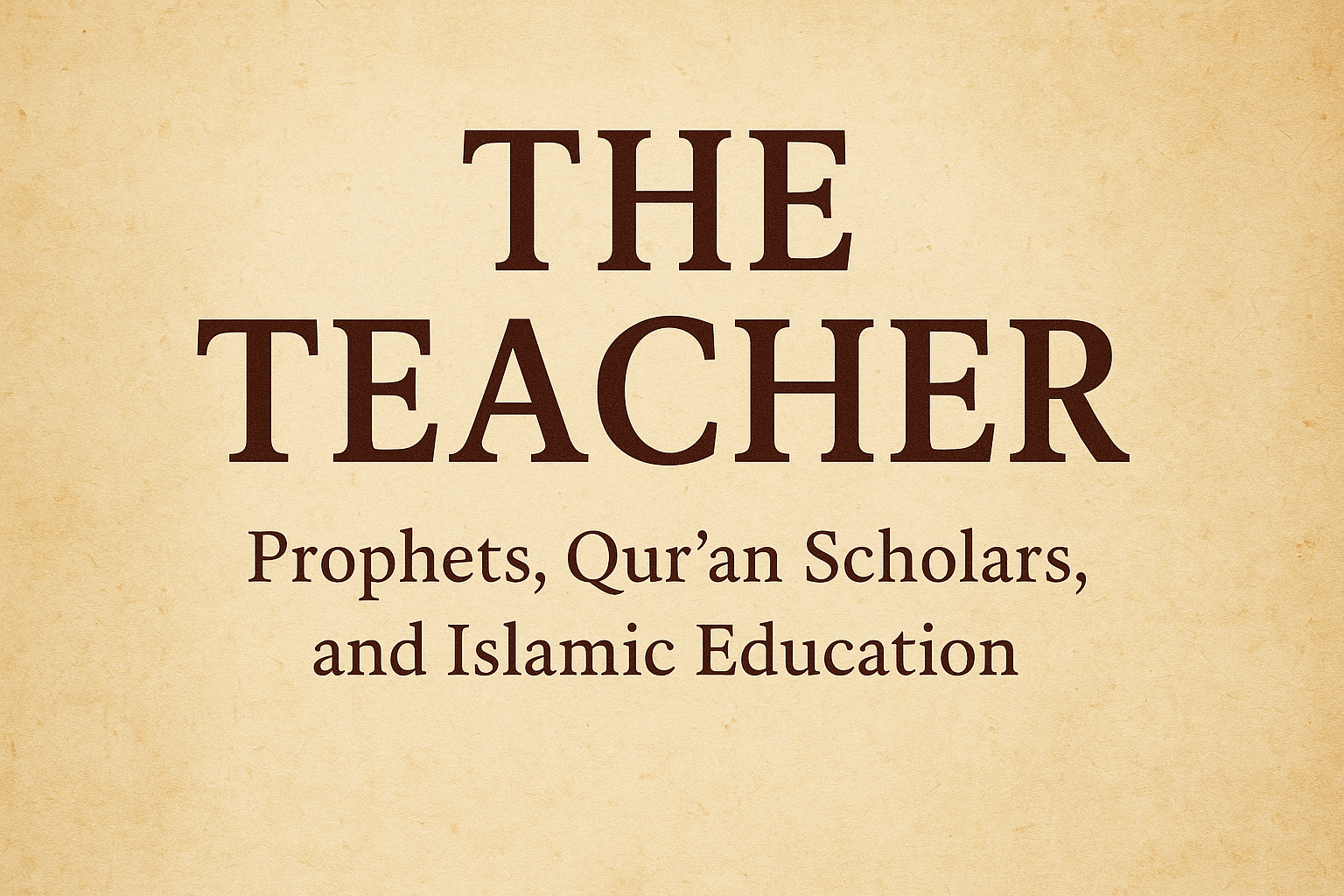By Jawed Anwar
[This is the third article in a series on the intellectual history and education system of Muslim India (before 1947 and Colonial rule), and on Madrasahs. Originally published in Muslims Weekly, New York, in 2004, under the column ‘Personal Notes’. This is a revised edition. The series is intended as guidance for those seeking to revive Islamic/Muslim education in the modern world.]
The greatest teachers in the world are the Prophets and Messengers of Allah. According to the hadith narrated by Abu Dharr al-Ghifari, there were “one hundred and twenty-four thousand” Prophets and “three hundred and thirteen” Messengers. (Sahih Ibn Hibban, hadith 361). Allah sends Messengers to every nation:
“And for every community there is a messenger. After their messenger has come, judgment is passed on them in all fairness, and they are not wronged.” (Qur’an, Surah Yunus 10:47)
The last Messenger of Allah, Muhammad ﷺ was sent as a teacher:
“Certainly, did Allah confer [great] favor upon the believers when He sent among them a Messenger from themselves, reciting to them His verses and purifying them and teaching them the Book and wisdom, although they had been before in manifest error.” (Qur’an, Surah Ali ‘Imran 3:164)
“Verily, I have been sent as a teacher.” (Sunan Ibn Majah, Hadith 229)
Prophet Muhammad ﷺ was taught directly by Allah through the Angel Gabriel. Prior to revelation, he was unlettered. Allah made him Al-Mu’allim, the teacher of the world, until the Day of Judgment.
The first human, Adam (AS)—the first Prophet—was also sent as a teacher. Allah endowed him with knowledge and intelligence:
“And He taught Adam the names of all things.” (Qur’an 2:31)
The Role of the Teacher in the Islamic Education System
Seeking knowledge is commanded. To remain ignorant is to fall short, even toward sin, because Islam requires the active pursuit of knowledge.
- Teaching and sharing knowledge is Sunnah.
For example, Abu Huraira reported that the Messenger ﷺ said: “Whoever is asked about some knowledge that he knows and conceals it, he will be bridled with a bridle of fire.” (Jami at-Tirmidhi 2649)
Those who dedicate their lives to the noble profession of teaching enter a divine field. Teachers shape hearts and minds; their influence is profound. In some respects, the struggle of a teacher is more valuable than that of a warrior. The Prophet ﷺ said, “The ink of the ‘Ulema (scholars and teachers) is better than the blood of a martyr.”
From our teachers we learn what true success and failure mean. Teachers instill values, refine character, and teach good habits and etiquette. They model positive behavior, stand up against evil, and guide communities.
Teachers are educators, trainers, guides, role models, and embodiments of excellent character. Prophet Muhammad ﷺ declared, “The best among you (Muslims) are those who learn the Qur’an and teach it.” (Sahih al-Bukhari 5027)
Abu Darda reported that the Prophet ﷺ said: “The scholars are the successors of the prophets. Verily, the prophets do not pass on gold and silver coins, but rather they only impart knowledge.” (Musnad al-Bazzār 10/68)
Prophet Muhammad ﷺ also said:
“Verily, I have been sent as a teacher.” (Ibn Majah, Book 1, Hadith 229)
Teaching and Learning as Worship
These principles show that education in Islam is more than social necessity—it is a form of worship. Teaching and learning are like prayer; both teachers and students are in that worshipful state in the classroom. Concerning reward in the Hereafter (thawāb), teachers and students are equal.
“The scholar and the seeker of knowledge will share the reward, and there is no good in the rest of the people.” (Hadith: Ibn Majah 228)
All creation prays for those who teach good. The universe supports teachers of good. The Messenger ﷺ said:
“Indeed Allah, His Angels, the inhabitants of the heavens and the earth—even the ant in his hole, even the fish—say Salāt upon the one who teaches the people to do good.” (Jami at-Tirmidhi 2685)
No Privilege but by Knowledge
Islam does not reserve the role of teacher for any particular class, caste, family, or group. There is no superiority of Arab over non-Arab, white over black, or Brahmin over Shudra. Anyone who acquires knowledge may become a teacher.
The Prophet ﷺ said, “Acquire knowledge and teach it to the people.” (Mishkat al-Masābih 279)
It is not required that a person be highly learned before beginning to teach. Islam began as an education movement—lifelong struggle (jihad) in knowledge. Everyone is encouraged to participate. The Prophet ﷺ said, “Convey from me even an Ayah of the Qur’an.” (Bukhari; Riyad as-Sālihīn 1380) Rewards are given to educated people and those who teach.
These Islamic principles revolutionized the concept of education and pedagogy.
Exemplary Teachers of Qur’ān
Prophet Muhammad ﷺ trained outstanding students who became great teachers themselves.
Among the Ṣaḥābah (companions of the Prophet ﷺ), those with comprehensive knowledge of the Qur’an, Tafsir, Hadith, Fiqh include:
Abu Bakr as-Siddiq, Umar al-Farooq, Ali ibn Abi Talib, Uthman ibn Affan, Abdullah ibn Mas‘ood, Abdullah ibn Abbas, Ubayy ibn Ka‘b, Abu Musa al-Ash‘ari, Zayd ibn Thabit, Abdullah ibn Zubayr, Aisha, Umm Salamah. (Radi Allahu ‘Anhum),
For teaching Qur’ān recitation:
Prophet ﷺ said the best ones to learn from are: (1) Abdullah ibn Mas‘ood, (2) Saalim, the freed‐slave of Abu Hudhayfa, (3) Mu‘ādh ibn Jabal, (4) Ubayy ibn Ka‘b. The best Qāriʾ of the Ummah is said to be Ubayy ibn Ka‘b.
After the Companions, among the famous teachers of Qirāʾah (authorized methods of reciting Qur’an) are:
- Imam ʿĀṣim ibn Abī al-Nujūd (— his student Hafs ibn Sulaymān)
- Imam Nāfiʿ al-Madanī (— his student Warsh)
- Imam ‘Abdullah ibn ‘Āmir ash-Shāmī
- Imam Abū ‘Amr ibn al-‘Alāʾ al-Basrī
- Imam Hamzah al-Kūfī
- Imam Ali ibn Hamzah al-Kasāʾī al-Kūfī
Some Great Later Teachers and Mufassirūn of the Qur’ān
- Imam al-Shafi'i (d. 204 AH / 820 CE)
- Imam Ahmad ibn Hanbal (d. 241 AH / 855 CE)
- Imam Ibn Jarir al-Tabari (d. 310 AH / 923 CE)
- Allama Ibn Atiyyah al-Andalusi (d. 541 AH / 1147 CE)
- Allama al-Qurtubi (d. 671 AH / 1273 CE)
- Imam Fakhr al-Din al-Razi (d. 606 AH / 1210 CE)
- Qadi Nasir al-Din al-Baidawi (d. 685 AH / 1286 CE)
- Allama al-Nasafi (d. 710 AH / 1310 CE)
- Allama al-Baghawi (d. 516 AH / 1122 CE)
- Allama Ibn Kathir (d. 774 AH / 1373 CE)
- Allama Mahmud al-Alusi al-Baghdadi (d. 1270 AH / 1854 CE)
- Allama Jamal al-Din al-Qasimi (d. 1332 AH / 1914 CE)
- Sayyid Qutb (d. 1386 AH / 1966 CE)
- Shah Abdul Aziz Dehlavi (d. 1239/1824 CE)
- Maulana Ashraf Ali Thanvi (d.1362 AH /1943 CE)
- Mufti Muhammad Shafi (d. 1396 AH / 1976 CE)
- Sayyid Abul A'la Maududi (d. 1399 AH / 1979 CE)
- Dr. Israr Ahmed (d. 1431 AH / 2010 CE)
The last five scholars mentioned are from India-Pakistan.
JOIN
AsSeerah What's App Channel Follow: AsSeerah Facebook Page AsSeerah X Be the Writer’s Friend https://www.facebook.com/JawedAnwarPage/







